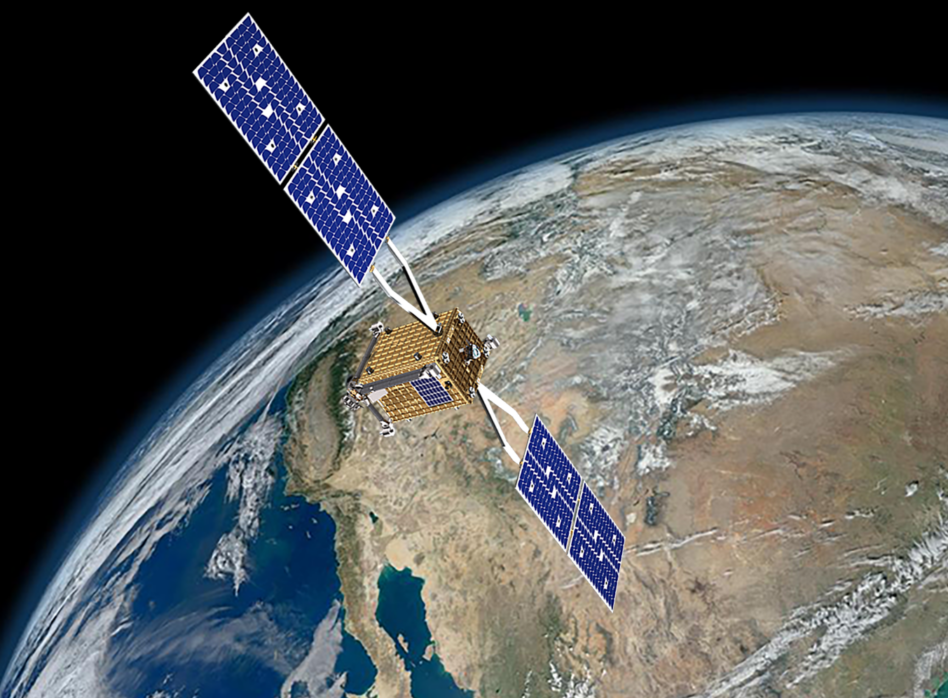NASA is kickin’ it up a notch on a SSPICY mission to check out a defunct sat in LEO.
Starfish Space will work on the program—formally known as the Small Spacecraft Propulsion and Inspection Capability mission—under a Phase III SBIR contract from the space agency worth $15M over three years, NASA announced on Wednesday.
A flight like no Otter: The mission will send Starfish’s Otter spacecraft, which is about the size of an oven, to inspect multiple US satellites that have reached the end of their mission life. Otter will get within hundreds of meters of each target to collect data including spin rate, spin axis, and the object’s condition—info that could someday be used during a potential future deorbit mission.
The mission is expected to launch in late 2026 and perform its first inspections the following year.
Spotted: Because seeing something in orbit is the first step to working on something in orbit, the contract will help support capabilities on everything from satellite servicing to refueling to disposal.
Starfish has identified a group of potential target sats, but will finalize its list as it continues working on the mission, according to a company fact sheet.
Overseas: SSPICY is the first NASA-funded commercial debris inspection mission, but the space agency’s counterpart in Japan is in the midst of a similar program. Astroscale, with support from JAXA, is conducting the ADRAS-J mission to approach and image an upper stage rocket body in orbit before ultimately disposing of it.




